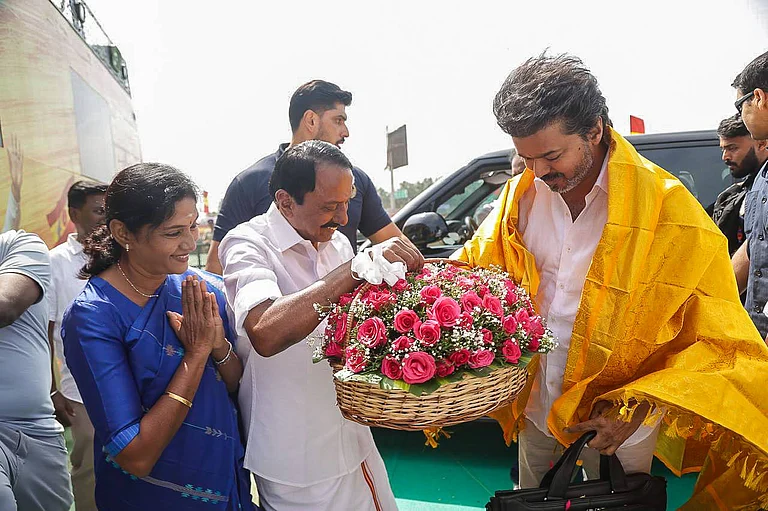Bangladesh is one of India’s closest friends in the neighbourhood. Ever since Prime Minister Sheikh Hasina came to power in January 2009, ties have flourished as never before. During her first stint during 1996-2001, she did not have the mandate she later had and was not able to do much. But her uninterrupted rule from 2009 has led to what both sides dub as the golden period of India-Bangladesh relationship.
One of Hasina’s first acts in 2009 was to hand over leaders of the United Liberation Front of Asom (ULFA) to the Indian government who had been granted refuge in Bangladesh. That resulted in a breakthrough and New Delhi has been ever grateful for her help. Since then, there has been no looking back.
The one blot in India-Bangladesh ties has been the sharing of Teesta waters. India and Bangladesh share 54 rivers that flow down from the Himalayas to the Bay of Bengal, the largest among them are the Ganga and the Brahmaputra. The Teesta is a tributary of the Brahmaputra and flows through Sikkim and West Bengal before entering Bangladesh.
Talks on sharing the Teesta waters have been on for a long time. In 2011, an agreement was reached. India was willing to share 37.5 per cent of Teesta waters while retaining 42.5 per cent during the lean season between December and March. Bangladesh’s peasants had long grumbled about the dearth of water in the winter months as their livelihood depended on getting sufficient water. Expectation was being built that the Teesta agreement would be signed during former Prime Minister Manmohan Singh’s visit to Dhaka in 2011.
This was scheduled to be the big bang announcement. But West Bengal Chief Minister Mamta Banerjee threw a fit and said she had not been consulted. She refused to sign, saying it would not be in the interests of West Bengal’s farmers. There was no way that the agreement could be signed without Mamata’s consent. Singh’s visit ended in a damp squib.
The Opposition Bangladesh Nationalist Party (BNP) as well as the Jamaat had a field day leashing out a barrage of criticism against Hasina’s inability to deliver. Prime Minister Narendra Modi too has been unable to deliver the Teesta treaty, despite his tremendous popularity.
When Hasina came to India in September 2022, a water agreement was signed. But this was on the sharing of water of the Kushiyara river. The memorandum of understanding was on India and Bangladesh both taking water from the common border river Kushiyara, a tributary of the Barak river that flows through Assam’s Barak valley. This will help Bangladesh’s Sylhet area as well as the peasants in South Assam. During Sheikh Hasina’s visit last year, the two governments also decided to conduct studies for the optimum utilisation of water received by Bangladesh under the provisions of the Ganges Water Sharing Treaty signed in 1996.
Teesta was not mentioned in public remarks but was possibly discussed behind closed doors. Teesta remains the elephant in the room when leaders of India and Bangladesh talk on water sharing.
China meanwhile had come up with a proposal for Teesta. In frustration, Dhaka had turned to China. The Chinese were willing, proposing to dredge and embank a portion of the Teesta river. India vehemently opposed the idea of Chinese engineers getting to the site that was near the Chicken’s Neck as it had security implications for India. New Delhi opposed the project and Hasina has so far not given the green signal, opening her to criticism by the Opposition.
Hasina faces national elections this year and there will be much pressure on her to get the Teesta water pact through. The Opposition will use it as a handle against her. However, there is little chance that New Delhi can get the Teesta file moving.



























